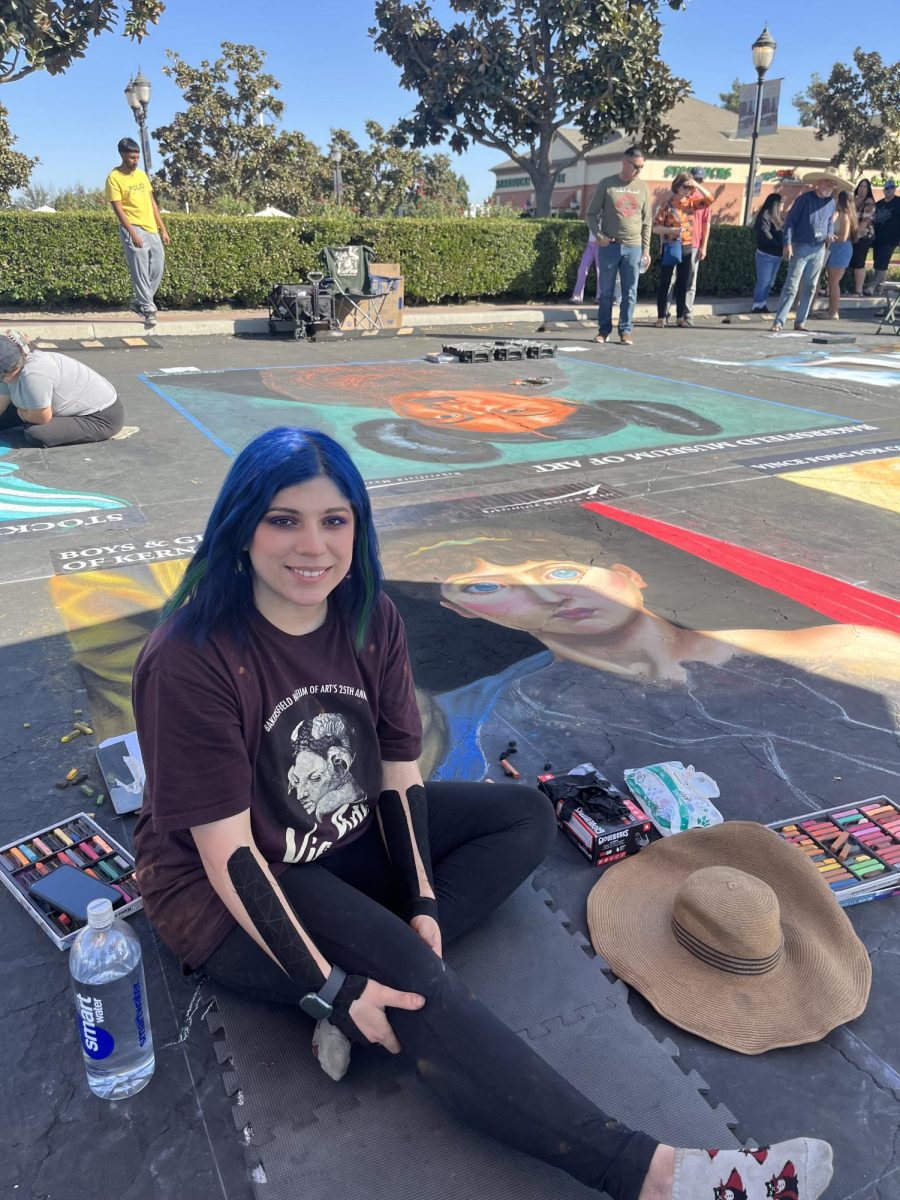Helena Maria Viramontes talks “The Environs of Poverty: Cages, Prisons, and Detention Centers”
April 9, 2021
The National Endowment for the Humanities in California’s San Joaquin Valley invited Helena Maria Viramontes, accomplished author and English professor, to speak at a zoom conference called “The Environs of Poverty: Cages, Prisons, and Detention Centers” on March 25, to address some of her works of literature and used them to discuss a variety of issues.
The zoom conference began with a short introduction from Dr. Lisette Lasater, an English professor at Palomar College. Lasater was a daughter of immigrants and she talked a bit about the importance of Latina representation in literature. She also mentioned how important it is for student voices to be heard. Finally she introduced speaker Viramontes.
Viramontes, as explained by Lasater, was a “recipient for many awards, a distinguished professor for arts and sciences at the University of Cornell, and is the author of many stories and two novels.”
To address her topic she said that she would use her own personal experiences intertwined with her literature because it is “impossible to separate the two” because writing is her form of prayer.
Viramontes stated that our essential workers have “become the most underpaid, exploited, and criminalized people in the U.S.,” during the pandemic, despite being a key component to keeping our country functioning. Most of these essential workers tend to be minorities and people living in poverty.
She continued by speaking about the injustices in America for those who are poor and/or minorities. She explained how white supremacy and the patriarchy are both prevalent in our government and society in general, even before COVID-19.
Due to this injustice the core of Viramontes’s fiction showed the “underlying examinations of why and provided other narratives altogether that are much closer to the truth.” She wanted her stories to be truthful in their messages and representative of the world from her perspective.
Viramontes shared her personal stories stating that her home when she was growing up was a predominantly female household. Every Saturday, when her brothers got to go out and have fun, she and her sisters had to stay home and complete their chores. Their household was very much a patriarchy, with her father being the head of the household.
The dynamic of her family is explained by one of her stories titled “Growing”, which is about a girl whose father sends her off to do a chore, but makes her bring her little sister with her. The father sending the sister with her demonstrates a lack of trust in his daughter which is representative of the lack of trust that Viramontes’ father had in her and her sisters compared to her brothers.
Ultimately, Viramontes wanted to point out that despite the disadvantages marginalized communities they have still persevered and accomplished greatness.
She concluded by stating that it is important that these people appreciate, “the beauty of [their] resistance, the beauty that [they] are still here.”







